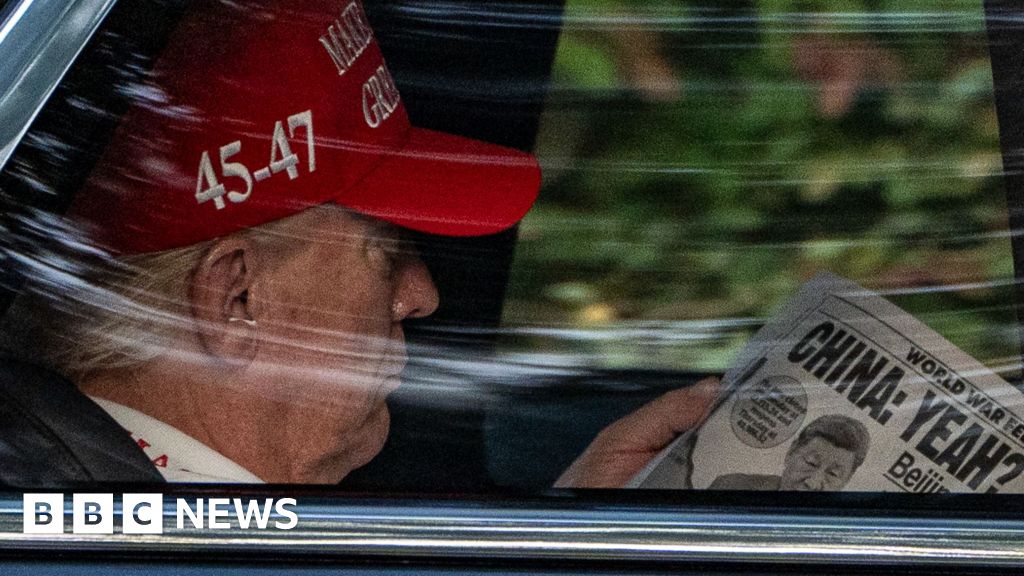Key Takeaways
- The Chinese Supreme Court convened with top legal experts to discuss the legal treatment of cryptocurrencies.
- Judicial authorities and academics examined various legal scenarios involving digital assets.
- The meeting came nearly four years after China imposed a sweeping ban on crypto trading and mining.
While most global financial hubs are easing crypto regulations to foster innovation, China’s judiciary is taking a different approach—doubling down on research into crypto-related legal disputes.
Earlier this week, the Chinese Supreme Court led a high-level discussion on the legal status of cryptocurrencies and how courts should handle cases involving digital assets.
The meeting, attended by top judicial authorities and legal scholars, signals a renewed focus on how China enforces its crypto ban and addresses emerging legal challenges in the sector.
Top Court Discusses Crypto Legality
On Feb. 23, representatives from the Supreme People’s Court met with other legal bodies to review research on handling cryptocurrency-related disputes. Participants examined criminal and civil cases involving digital assets and discussed new enforcement strategies.
University scholars also played a role in shaping the debate. Yang Dong, a professor at Renmin University of China, proposed strengthening China’s regulatory framework to address the risks of virtual assets, citing their potential impact on national financial security.
Xue Chunjiang, secretary of the Beijing No. 3 Intermediate People’s Court, highlighted that Chinese courts have already ruled on multiple crypto-related cases, clarifying adjudication standards. He emphasized the need for further research to refine the legal approach.
Zhai Chao, vice president of the Supreme People’s Court’s third criminal division, backed the scholars’ proposals, urging a research strategy that accounts for both legal theory and real-world application.
China’s Crypto Stance: A Softening or a Hardening?
The judiciary’s renewed focus on cryptocurrency has raised speculation about whether China is reconsidering aspects of its crypto policy—or simply reinforcing its existing ban.
In 2021, Beijing imposed a sweeping crackdown on crypto trading and mining, forcing exchanges and businesses to shut down or relocate.
Authorities also barred foreign exchanges from serving Chinese customers. However, the decentralized nature of blockchain technology has made total enforcement difficult.
Despite the ban, crypto activity has persisted in China. Following the 2021 crackdown, decentralized finance (DeFi) and decentralized exchange (DEX) activity surged as users sought alternatives to centralized platforms.
Chinese courts have also issued rulings that indirectly acknowledge cryptocurrency’s legal status. In one notable case, a Beijing court deemed Bitcoin legal property , granting owners similar rights to traditional assets.
Another ruling affirmed that owning crypto was not illegal, even if trading and mining remained prohibited.
Whether this latest legal review signals a shift in China’s crypto policy remains unclear. But as global regulators move toward clearer rules on digital assets, China’s judicial system appears intent on refining its own approach—whether to adapt or further entrench its ban.
Was this Article helpful?
Source link

















